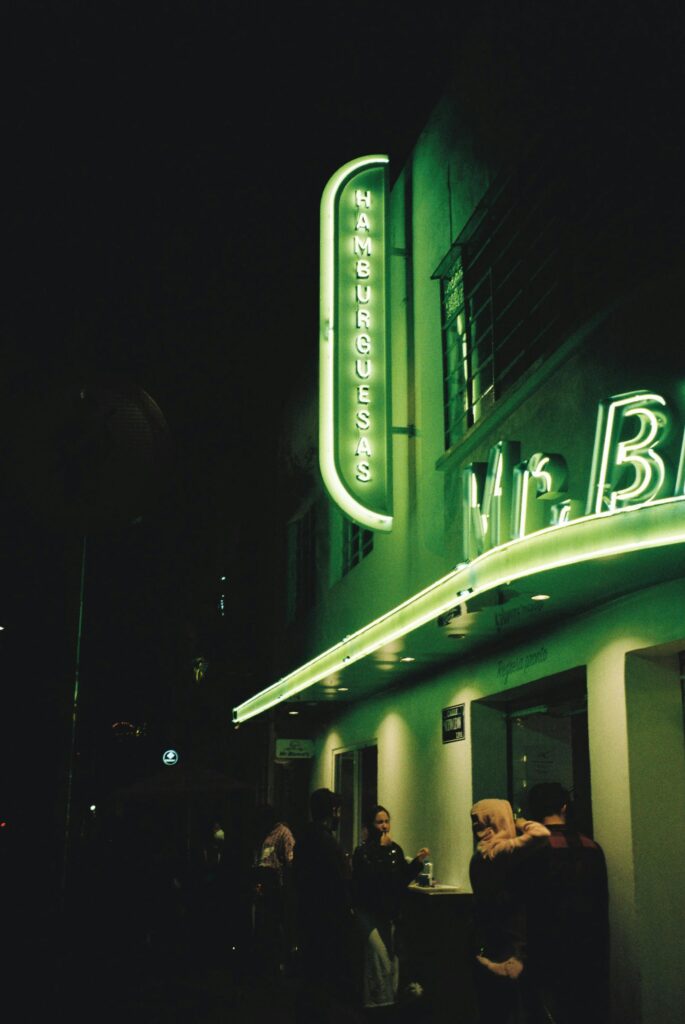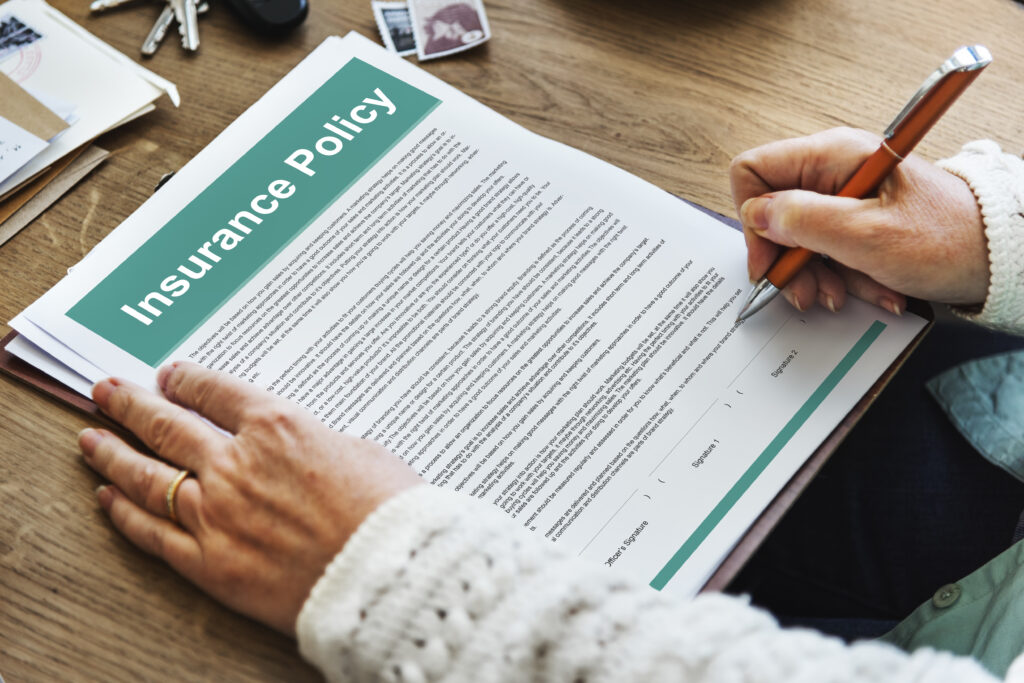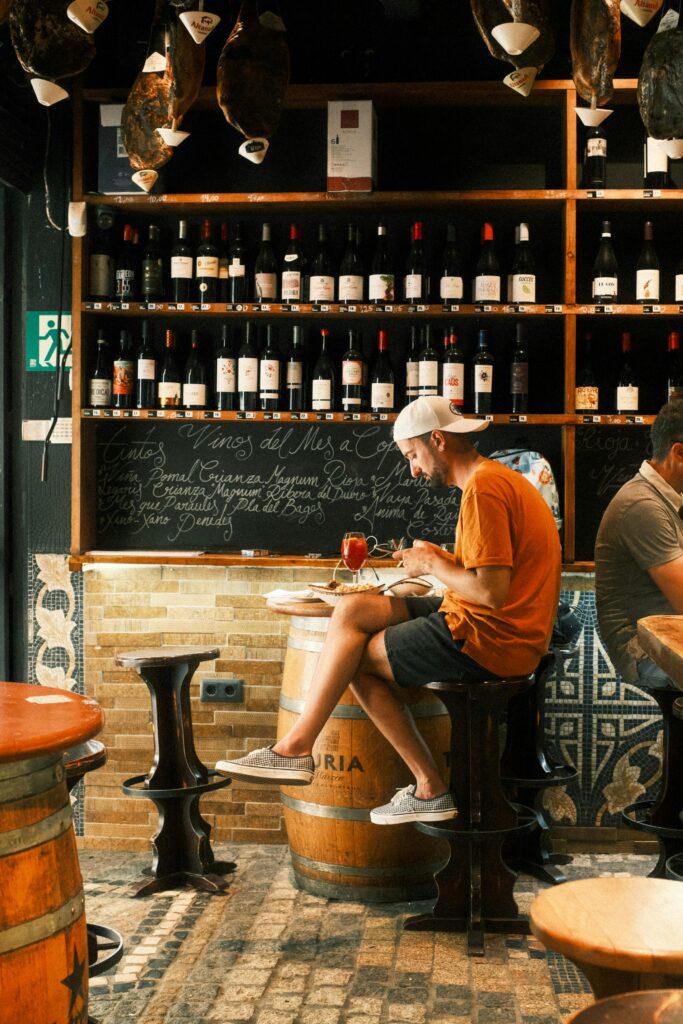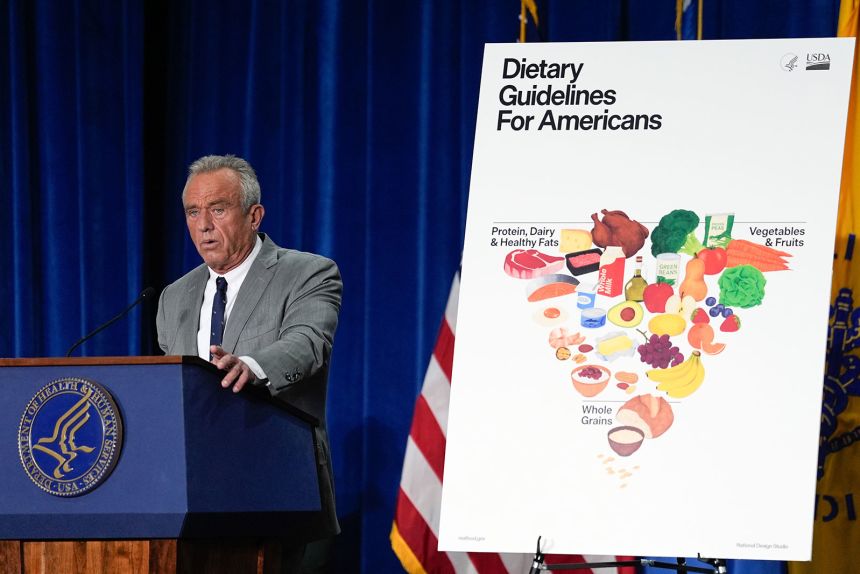When a restaurant owner began the process to compare restaurant insurance quotes they discovered notable inconsistencies: some policies excluded critical protections such as business interruption coverage or workers’ compensation, while others contained hidden fees that surfaced only in the final documents. This process highlighted a key insight: comparing insurance isn’t solely about identifying the lowest premium, it’s about fully understanding what each policy includes and how well it addresses the unique risks faced by the business. For restaurant operators, whether managing a small café in Florida or overseeing a bustling franchise elsewhere learning to evaluate insurance compare restaurant insurance quotes is essential to safeguarding their investment, team, and long-term success.
1. Not All Policies Offer the Same Protection
One of the most striking revelations was that insurance policies labeled as “comprehensive” often varied significantly in the coverage they actually provided. While all seven providers claimed to offer “complete protection,” a closer examination revealed major inconsistencies. Some quotes bundled essential coverages like General Liability and Property Insurance into a single package, while others listed them as separate add-ons, substantially increasing the total cost when combined. Even more troubling, certain policies entirely excluded crucial protections such as Business Interruption Insurance, Cyber Liability, or Liquor Liability, despite these being critical for restaurants that rely on technology, handle online transactions, or serve alcohol.
The key takeaway: When comparing restaurant insurance quotes, similar terminology does not guarantee equivalent coverage. It’s essential to scrutinize the details and determine exactly which risks are covered and which are not. Making assumptions could leave a business vulnerable at the worst possible time.
2. Workers Compensation Is Often Quoted Separately
One of the most surprising findings was how inconsistently workers compensation insurance is handled across providers. In Florida, this type of coverage is legally required for most restaurants with four or more employees yet only three out of the seven quotes included it in the initial proposal. The rest either treated it as an optional add-on or required a completely separate application process.
For a busy restaurant managing rotating shifts, part-time employees, and frequent staff changes, this omission can be risky. Without proper workers comp coverage, a single workplace injury—like a kitchen burn or a slip in the dining area—could lead to significant medical bills, legal fees, and even penalties for noncompliance with state laws.
Lesson learned: Don’t assume workers compensation is automatically included. Especially in Florida, where it’s mandatory, be sure to clarify upfront. If it’s not part of the package, you’ll need to compare restaurant insurance quotes for workers comp separately to avoid costly surprises later.
3. The Business Owners Policy (BOP) Isn’t Always the Best Deal
The Business Owners Policy (BOP) is frequently marketed as a convenient, cost-effective bundle designed for small businesses, including restaurants. It typically combines Property Insurance, General Liability, and Business Interruption Insurance into one package at a discounted rate. At first glance, it seems like an obvious choice. However, upon reviewing the fine print, a restaurant owner discovered that not all BOPs offer the same value.
Some policies were notably limited in scope. Basic versions omitted important protections such as coverage for kitchen equipment breakdown, food spoilage due to power outages, or employee dishonesty—all common risks in the restaurant industry. In these cases, additional riders or endorsements were needed to fill the gaps, increasing the overall cost. Conversely, some BOPs included these features but carried a significantly higher premium than a customized plan assembled from individual policies offered by specialty insurers.
The critical insight: While a BOP may streamline coverage, it isn’t always the most cost-effective or comprehensive solution. When comparing restaurant insurance quotes, it’s essential to analyze exactly what’s included and what’s not. A bundled policy isn’t a bargain if it leaves vital exposures unprotected or ends up being more expensive than tailored alternatives.

4. Deductibles and Limits Can Make or Break a Claim
While comparing restaurant insurance quotes, one of the most unexpected—and potentially costly—differences involved deductibles and policy limits. For example, two policies might both claim to cover property damage, yet one carried a $10,000 deductible while the other required only $1,000 out-of-pocket. Surprisingly, the premium difference between them was minimal.
This variation becomes critical when disaster strikes. Whether it’s a kitchen fire, hurricane damage, or flooding, high deductibles can leave restaurant owners responsible for significant upfront expenses before insurance coverage takes effect. In regions like Florida, where severe weather is a frequent risk, these gaps in coverage can have devastating financial consequences.
The key insight: when comparing restaurant insurance quotes, don’t focus solely on the monthly or annual premium. Pay close attention to the deductibles and policy limits; these factors directly affect how much financial support a business will receive when it matters most. A seemingly affordable policy with a high deductible could ultimately cost far more in the event of a claim.
5. Reputation of the Insurance Carrier Matters
When comparing restaurant insurance quotes, it’s easy to focus solely on price but the reliability of the insurance provider can be just as important, especially when disaster strikes. During the evaluation process, one restaurant owner decided to dig deeper. In addition to reviewing coverage and cost, they looked into customer reviews, checked Better Business Bureau (BBB) ratings, and spoke directly with agents from multiple carriers.
What they discovered was eye-opening. Two of the cheapest quotes came from insurers with numerous complaints ranging from delayed claims and denied reimbursements to poor customer service. In contrast, providers with strong reputations, such as CIS (Commercial Insurance Services), stood out for their responsive local support, quick claims processing, and restaurant-specific policy options.
The lesson: when comparing restaurant insurance quotes, it’s not just about the policy details it’s also about who’s behind the policy. A slightly higher premium from a reputable, experienced insurer can offer peace of mind and real value when your business faces a crisis. In the long run, choosing a trusted provider can save time, money, and unnecessary stress.
6. Add-Ons and Endorsements Drive Up Cost
At first glance, a $150/month quote appeared to be a great deal—until the restaurant owner began adding the specific coverages their business truly required. Once essential protections like food contamination insurance, equipment breakdown, liquor liability, and employment practices liability insurance (EPLI) were factored in, that “affordable” policy nearly doubled in price.
In contrast, other insurance providers included many of these critical coverages within their base premiums, offering more comprehensive protection without the surprise add-ons. This inconsistency made it challenging to compare restaurant insurance quotes accurately and revealed how misleading base rates can be when necessary endorsements aren’t included from the start.
The takeaway: when comparing restaurant insurance quotes, it’s vital to look beyond the headline rate and evaluate the full cost of coverage. For most restaurants, specialized protections are a must so be sure to factor in those additions when assessing value. In many cases, a slightly higher initial quote may actually deliver the most complete and cost-effective solution over time.

7. Florida-Specific Risks Require Tailored Coverage
Florida’s business environment presents unique challenges hurricanes, flooding, humidity-related equipment issues, high employee turnover, and unpredictable tourist season spikes. Yet, when one restaurant owner began comparing restaurant insurance quotes from national carriers, they noticed many policies failed to address these localized risks. The coverage offered often felt generic—better suited for a Midwest diner than a coastal café regularly facing severe storms.
In contrast, local agents, including CIS (Commercial Insurance Services), provided quotes tailored to Florida’s specific conditions. These included seasonal income protection, flood and windstorm coverage enhancements, and optional add-ons for weather-related business interruptions, crucial for maintaining financial stability during hurricane season.
The bottom line: location matters. When comparing restaurant insurance quotes, it’s important to avoid one-size-fits-all solutions. A beachfront restaurant in Tampa has vastly different risk exposures than a suburban eatery in Michigan. Florida-specific, customized coverage isn’t just a nice-to-have,it’s essential for long-term protection and peace of mind.

8. Technology and Delivery Services Require Modern Coverage
As the restaurant industry becomes increasingly digital—with online ordering, delivery apps, and cloud-based POS systems—the need for modern insurance coverage has grown. However, when one restaurant owner began comparing restaurant insurance quotes, they found that many traditional policies hadn’t adapted to these changes. Of the seven quotes reviewed, only a few included protections for cyber liability, digital transaction risks, or third-party delivery services.
One particularly concerning discovery was a policy that excluded non-owned vehicle liability. This meant that if a delivery driver using their own car or working through platforms like Uber Eats or DoorDash was involved in an accident, the restaurant could be held liable without any coverage. In today’s fast-paced, tech-driven food service environment, that kind of gap poses a serious risk.
The key takeaway: if a restaurant relies on technology whether for digital payments, online reservations, or delivery it needs insurance that reflects those operations. When comparing restaurant insurance quotes, it’s essential to check for coverages like cyber liability, hired and non-owned auto insurance, and other protections that align with modern business models. A forward-thinking restaurant requires forward-thinking coverage to stay protected.
9. Understanding Policy Exclusions Is Just as Important as Coverage
During the quote comparison, one of the most overlooked but critical findings was the fine print of policy exclusions. Several quotes included attractive premiums and broad coverage descriptions—but buried in the exclusions were clauses that could nullify protection during real-life incidents.
For example, one policy excluded damage from “wear and tear” but also listed common kitchen equipment failures under that category. Another excluded claims resulting from subcontracted work—posing a risk for restaurants that hire third-party cleaners, maintenance teams, or entertainment.
Lesson learned: Always read the exclusions section carefully. A policy can look solid on the surface but fall apart when it’s needed most.
10. Insurance Needs Change as the Restaurant Grows
One of the most valuable insights from comparing multiple quotes was realizing that a restaurant’s insurance needs aren’t static. As the business expanded—adding outdoor seating, hiring more staff, or launching a catering service—certain policies no longer offered adequate protection.
For instance, one initial quote that seemed ideal didn’t account for off-site catering, which left the restaurant exposed during private events. Another failed to adjust liability limits based on increased foot traffic and higher sales volume.
Final takeaway: Restaurant owners should treat insurance as a living document. It’s wise to review and update coverage at least once a year or after any major operational change to ensure protection keeps pace with growth.

Comparison Is Worth the Effort
After carefully reviewing all seven quotes, the restaurant owner ultimately chose a policy that wasn’t the cheapest on paper—but was clearly the smartest choice in terms of protection and long-term value. The selected plan offered comprehensive coverage that addressed real-world risks, including:
- General Liability Insurance
- Workers Compensation Insurance
- Business Interruption Coverage
- Commercial Property Insurance
- Liquor Liability Insurance
- Employee Theft Coverage
- A reasonable deductible
- And most importantly, responsive, knowledgeable customer support
This policy came from a provider with deep roots in the Florida hospitality industry: CIS (Commercial Insurance Services) a company known for delivering customized insurance solutions tailored to the specific needs of restaurant owners across the state.

The biggest takeaway? The true restaurant insurance cost goes far beyond the monthly premium—it reflects the risks a business faces, the coverage it depends on, and the peace of mind it provides when disaster strikes. For one restaurant owner, thoroughly comparing restaurant insurance quotes proved to be more than a task—it was a strategic decision that could determine whether a disruption resulted in temporary downtime or permanent closure. In the end, taking the time to evaluate policies carefully wasn’t just wise—it was a business move that paid off.
Tips for Other Restaurant Owners:
-
Always compare multiple quotes. Reviewing at least three—if not more—can reveal major differences in pricing, coverage, and customer service.
-
Request a detailed policy breakdown. Be sure to see clear listings of coverage limits, exclusions, deductibles, and optional add-ons. Policies with similar names can offer very different protection.
-
Work with an agent who understands your industry. Especially in high-risk states like Florida, it’s essential to partner with someone familiar with restaurant operations and local regulations.
-
Avoid basing your decision on price alone. A lower premium may seem appealing at first, but it can become a costly mistake if the policy leaves out critical protections.
When comparing restaurant insurance quotes, a thoughtful, thorough approach can make all the difference in protecting any business today—and ensuring its success tomorrow.

Restaurant owners pour their time, energy, and money into building something meaningful. But all it takes is one uncovered claim—a fire, an injury, a cyberattack—to put everything at risk.
By taking the time to compare restaurant insurance quotes the right way, this Florida restaurateur didn’t just find a policy—they found peace of mind. And that confidence is what truly allows a restaurant to keep growing, even through uncertainty.
Ready to Get Covered?
Connect with us on social media to stay informed and empowered, or reach out today for a free, no-obligation quote tailored to your business. Your peace of mind starts with the right coverage.
Visit https://usa-cis.com/ today to learn more or give us a call now to speak with one of our friendly agents.
- Phone: (321) 830 – 0006
- Email: info@usa-cis.com
- Web: https://usa-cis.com
- Facebook: Commercialize Insurance Services





